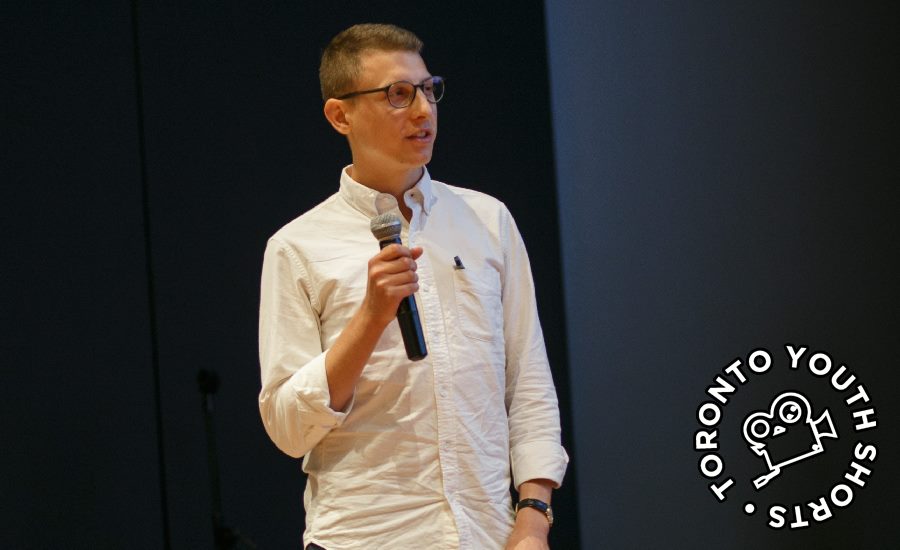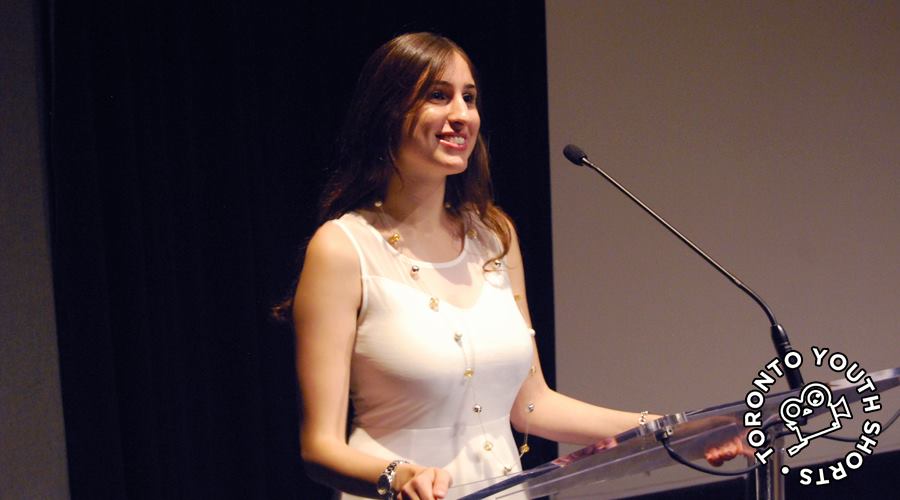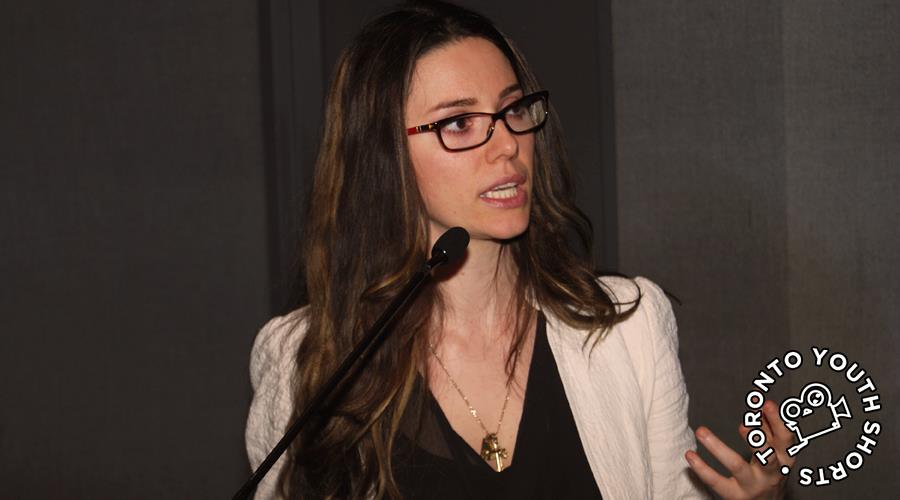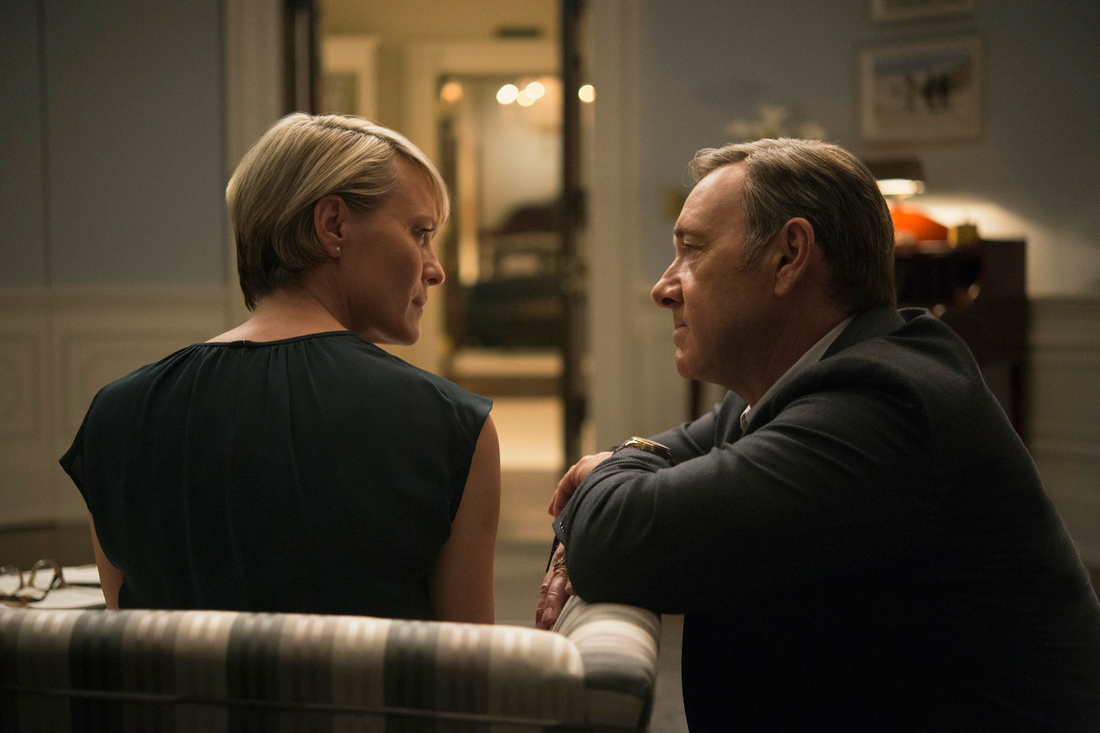
To start off, I want to say that I am enjoying the whole experience and the lovely people I met and will meet. It’s such a tight-knit community and you get to know almost everybody.
But, that also means shit goes down and ripples quickly.
In the beginning of the year all was great. Everyone shared stories and we were all doing creative things. Many people are also involved outside of school or are already working in the "industry" (how you define that can be broad but you get what I mean). To be honest, it feels a little weird to be around so many creative people. Some of us are used to being the odd ones out. And now EVERYONE around us are just as passionate and like-minded. It’s awesome but… (yes here comes the BUT).
The air became a little different, and inexplicable. Occasionally, there's a venom that swims beneath…
As time and our relationships with each other progressed, “stuff” surfaced. Maybe this is just a part of growing up, a part of being in the arts, or maybe this occurs in any industry. But as time went on, some people exhibited various signs of being competitive, jealous, ambitious, or a mix of all three. And some started to gossiped behind other people's backs.
"It’s just luck, she doesn't deserve that job..."
"His work isn't even good..."
"How did they get into this program..."
"Damn, must got some nice connections..."
This is NOT what I signed up for.
We all have our reasons for choosing the arts as an educational pursuit. Likewise, we will also all come out of it heading into different directions. But I believe regardless of what path each one of us take, we all enjoy being creative. Some of us want to make a change in the world through media. Some of us want to create the next block buster film. Or some of us simply like to share stories.
But as we dive deeper into the environment, we seem to forget all about it. Competition, ego, and ambition takes over. These traits aren’t necessarily terrible. No. These qualities can motivate and prompt valuable work. However, they act as blindfolds that consume us. As young infiltrators into this circle, it’s easy to be completely controlled by it. People begin to focus on “beating” each other. It becomes easy to be fixated on “I need to prove myself." But it is important to remind ourselves from time to time that we are just starting out. Even those of us who finish school will still have much to learn. We're absorbing and consuming to grow, to better ourselves. And while this may not be an easy journey for some of us, we should appreciate the creativity that we're afforded while we can. The real treasure (in my opinion) is the opportunity for collaboration of young minds, who are all growing as creative people. These opportunities may not be as readily available without major restrictions in place so we should feel relieved that we can experiment and try new things, and take some creative risks.
-Carri







 RSS Feed
RSS Feed